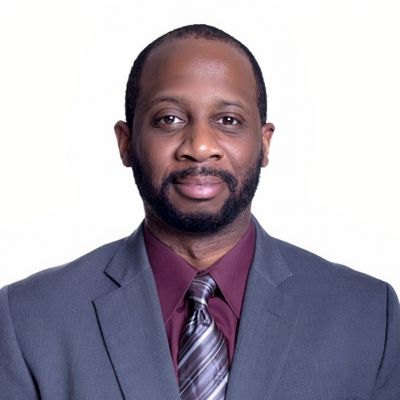
Dr. Robert Bryant
Assistant Professor of Music
Tennessee State University
Nashville, Tennessee
A third-generation music educator, Robert Bryant grew up singing in church and playing several instruments at a young age. “I always knew the power that music had in shaping identity and inspiring hope,” he says.
His passion for teaching others started as a high school drum major and section leader, and in college, that passion became more focused — Bryant wanted to work and serve in those areas that need him the most: marginalized and often forgotten communities of color. While working in urban areas like metro Atlanta and in rural settings like Americus, Georgia, Bryant “found my voice and purpose as a teacher by working with students who I saw a piece of myself in and who saw a piece of themselves in me.” At Tennessee State University (TSU), he helps his students find their voice and gives them the strategies, tools and techniques that will help them thrive as music teachers.
Prior to working at the collegiate level, Bryant worked as a band director at Miller Grove High School and Stockbridge Middle School where he increased enrollment in band by at least 20%. He also had his bands participate in solo and ensemble festivals for the first time.
“I am a data-driven teacher with a personalized approach for each and every student,” Bryant says. “Many of my students have made district and all-state ensembles, and my high school senior classes regularly amassed more than $1 million in music scholarship offers at colleges and universities throughout the country.”
In addition to his work at TSU, Bryant is a guest lecturer and capstone supervisor for the master’s in curriculum and instruction degree at Florida A&M University, his alma mater. “It is my goal to work with these students to help them continue their education, transform their knowledge and experiences into research-based and data-driven instructional praxis, open their eyes to the possibilities they have with a graduate degree, and help them develop curricula and instructional techniques that allow them be better teachers to their students, as well as leaders within their school,” he says.
Bryant credits his “truly awesome” students for his success. “They have allowed me to push them when others had relegated them to lowered expectations and did not believe in their greatness,” he says. “They have embraced my ideas and approaches that sometimes were different and outside of their experience.”








